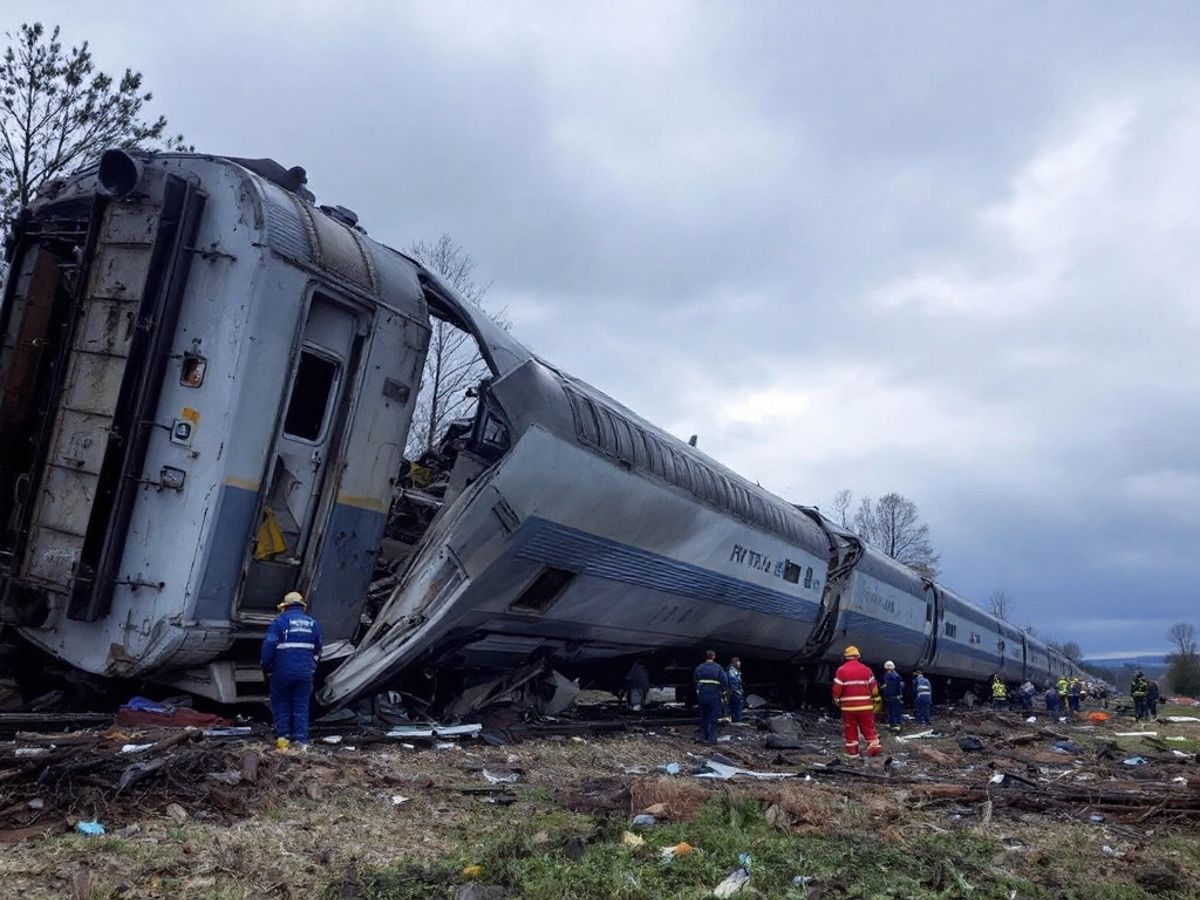A tragic incident occurred near the town of Tryavna when a train struck a pedestrian, resulting in the man’s immediate death. The accident has raised concerns about safety on the railway line, prompting an investigation by local authorities.
Key Takeaways
- A train hit a man near Tryavna, Bulgaria.
- The pedestrian died on the scene.
- Rail traffic on the line has been suspended.
- Authorities are investigating the cause of the incident.
Incident Details
The accident took place on the railway line close to Tryavna, a picturesque town known for its rich history and beautiful landscapes. According to the Regional Directorate of the Ministry of Internal Affairs in Gabrovo, the train was traveling from Gorna Oryahovitsa towards Stara Zagora when the unfortunate event occurred.
Investigation Underway
Authorities have initiated an inspection of the site to determine the circumstances surrounding the incident. The police have confirmed that the pedestrian did not survive the collision, and the investigation aims to uncover any potential safety lapses or contributing factors.
Impact on Rail Traffic
In the wake of the accident, rail traffic on the affected line has been temporarily suspended. This decision was made to ensure the safety of passengers and to facilitate the ongoing investigation. Commuters are advised to check for updates regarding train schedules and alternative travel arrangements.
Community Response
The local community has expressed shock and sadness over the incident. Residents are calling for increased safety measures on the railway lines to prevent such tragedies in the future. Discussions about better signage, pedestrian crossings, and public awareness campaigns are already underway.
Conclusion
This tragic event serves as a stark reminder of the importance of railway safety. As investigations continue, the hope is that lessons learned will lead to improved safety protocols, ensuring that such incidents do not occur again in the future.
Sources
- A train hit a man near Tryavna ᐉ News from Fakti.bg – Bulgaria | ФАКТИ.БГ, Fakti.bg.
- Влак блъсна и уби мъж край Трявна – Bgonair, Bulgaria ON AIR.






